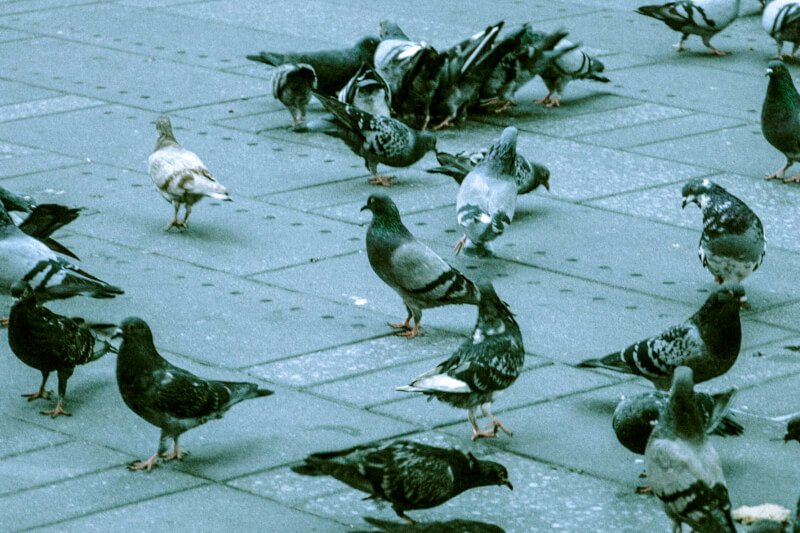You love your feathered friend and want to ensure they stay happy and healthy. One crucial aspect of their well-being is staying properly hydrated. But with so many different methods out there, how do you know which ones are the best? In this article, we will explore the top ways to keep your bird hydrated, providing you with simple and effective solutions that will have your bird chirping with joy. From offering fresh water daily to introducing moisture-rich foods, we’ve got you covered on the best ways to keep your bird happily hydrated.
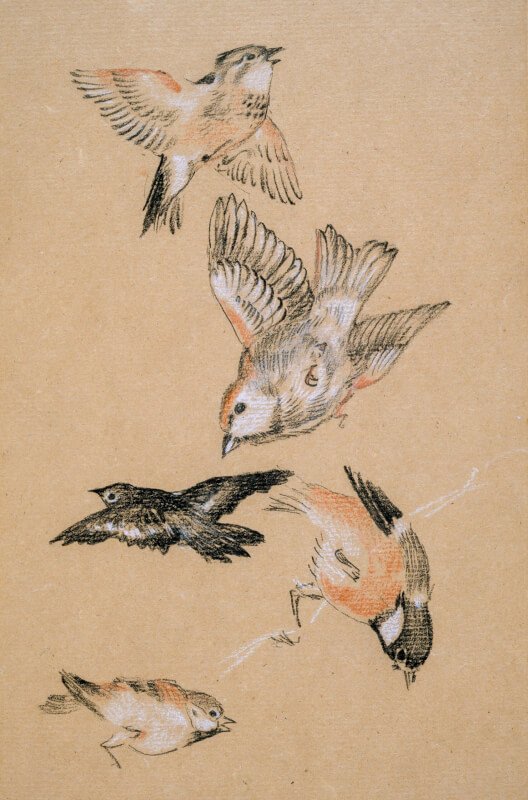
Choosing the Right Water Source
Tap Water
When it comes to providing water for your bird, tap water is a convenient and cost-effective option. Most tap water is treated and safe to drink, but it’s important to consider the source and quality of the water in your area. If your tap water has a strong chlorine odor or taste, it may be wise to opt for alternative water sources.
Filtered Water
Filtered water is another excellent choice for your bird’s hydration needs. Filtration systems can help remove impurities such as chlorine, heavy metals, and bacteria from the water, ensuring that your feathered friend stays healthy and hydrated.
Bottled Water
Bottled water is a popular choice among bird owners, primarily because it offers the convenience of being readily available. When selecting bottled water, it’s important to choose brands that do not contain any additives or fluoride, as these can be harmful to birds.
Providing a Suitable Water Dish
Size and Type of Dish
Choosing the right water dish is crucial for your bird’s comfort and ease of drinking. The dish should be large enough to accommodate your bird’s beak and allow them to fully submerge their beak to drink. Avoid dishes that are too deep or have steep sides, as they may make it challenging for your bird to reach the water.
Placement of the Dish
Where you place the water dish is just as important as the dish itself. It should be placed at a comfortable and accessible height for your bird, preferably at their eye level. Avoid placing the dish near their food or in areas that may be subjected to drafts or direct sunlight, as this can cause the water to become contaminated or undesirable.
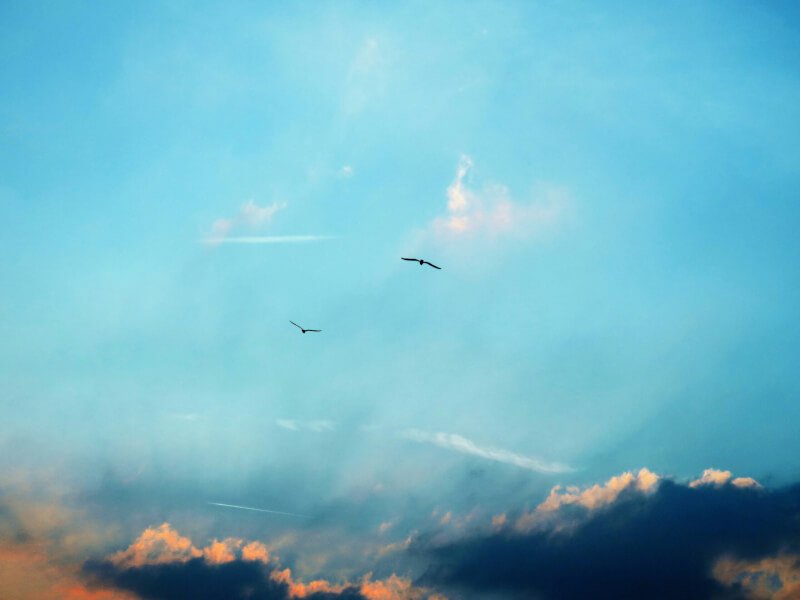
Frequent Water Replacement
Importance of Regular Water Replacement
Keeping your bird’s water clean and fresh is essential for their health and hydration. Stagnant water can become a breeding ground for bacteria and may deter your bird from drinking. Regularly replacing the water ensures that your feathered friend always has access to clean, refreshing water.
How Often to Replace the Water
The frequency at which you should replace the water depends on various factors such as temperature, humidity, and the size of your bird. Generally, it is recommended to replace the water at least once a day. However, in warmer climates or during hot summer months, it may be necessary to change the water more frequently to prevent bacteria growth.
Water Temperature
Importance of Optimal Water Temperature
Birds prefer drinking water that is at a moderate temperature. Water that is too hot or too cold can be uncomfortable and may discourage your bird from drinking. Providing water at the ideal temperature ensures that your bird remains hydrated and happy.
Ideal Temperature Range
The ideal temperature range for your bird’s drinking water is between 65 to 75 degrees Fahrenheit (18 to 24 degrees Celsius). It is important to regularly check the water temperature, especially during extreme weather conditions, to guarantee your bird’s optimal hydration.
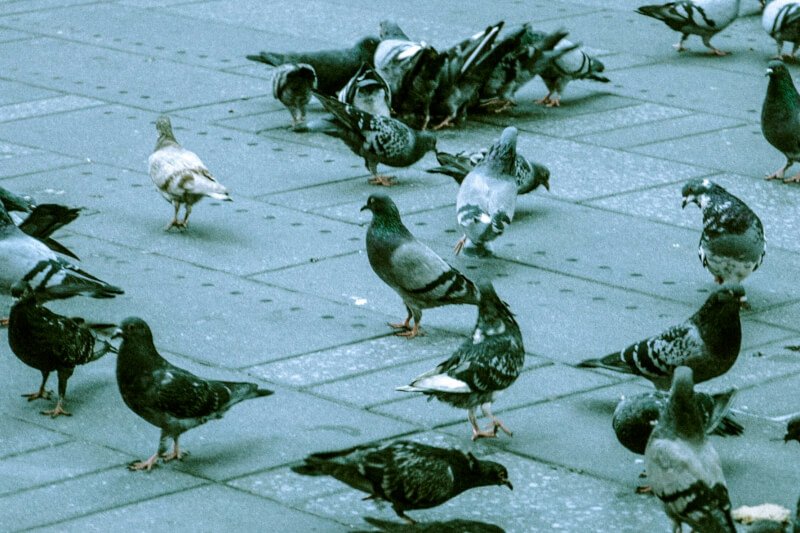
Adding Fresh Fruits and Vegetables
Benefits of Adding Fresh Produce
Adding fresh fruits and vegetables to your bird’s water dish can provide additional hydration and essential nutrients. Fruits like apples, oranges, and berries are great choices, while vegetables such as cucumbers, lettuce, and carrots can also be offered. Not only does this promote hydration but also adds variety to your bird’s diet.
Recommended Fruits and Vegetables
Different birds have different preferences and nutritional requirements. It’s essential to research and understand what fruits and vegetables are safe for your specific bird species. Some common safe options include grapes, melons, broccoli, and spinach. Be sure to wash the produce thoroughly and remove any seeds or pits before offering them to your feathered friend.
Using Water Additives
Types of Water Additives
Water additives can provide various benefits to your bird’s drinking water. These can include vitamin supplements, electrolytes, or even natural flavor enhancers. However, it is important to consult with a avian veterinarian before using any water additives, as some may not be suitable for all bird species.
Proper Usage and Dosage
When using water additives, it is crucial to follow the instructions provided by the manufacturer or the advice of your avian veterinarian. Too much of certain additives can be harmful to your bird’s health, so it’s important to use them sparingly and only as directed.
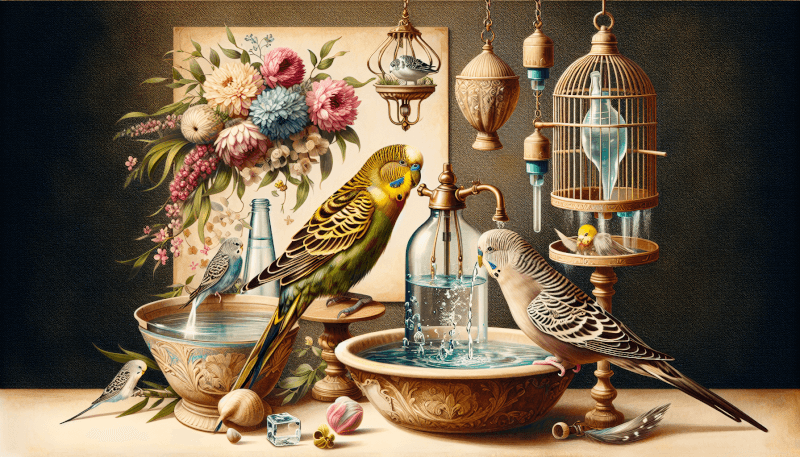
Encouraging Bathing in Water
Importance of Bathing
Bathing is not only an enjoyable activity for birds but also plays a vital role in their overall health and well-being. Bathing helps to keep their feathers clean and in good condition, promotes proper preening, and aids in the removal of dirt and excess oil from their plumage.
Providing a Suitable Bathing Area
Creating a suitable bathing area for your bird is easy and can be done with a shallow dish or a birdbath specifically designed for birds. Place the bath in an area where your bird feels comfortable and encourage them to explore and splash around. Remember to change the water in the bath regularly to prevent the growth of bacteria.
Monitoring Water Intake
Observing Signs of Dehydration
It’s crucial to monitor your bird’s water intake and watch for signs of dehydration. Some common signs include reduced energy levels, loss of appetite, dry skin, and a sunken appearance around the eyes. If you notice any of these signs, it’s essential to take immediate action to ensure your bird is properly hydrated.
Measuring Water Consumption
One way to monitor your bird’s water intake is to measure the amount of water they consume daily. Keep a record of how much water you provide and how much is left at the end of the day. This will help you identify any changes in their drinking habits and allow you to adjust accordingly.
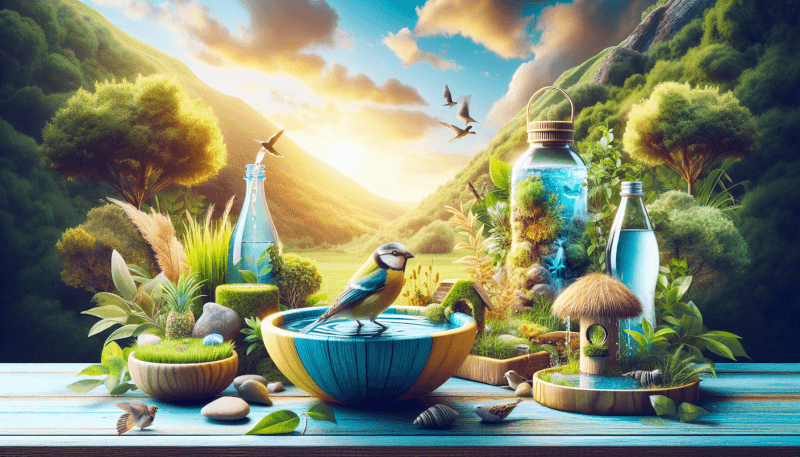
Avoiding Contaminants
Toxic Substances to Avoid
Birds are highly sensitive creatures, and certain substances that are harmless to humans can be toxic to them. It’s vital to keep your bird’s water away from household cleaning products, insecticides, and any other chemicals that can contaminate their water. Also, be cautious of plants in the vicinity that may release toxic substances if ingested.
Identifying Safe Drinking Areas
When allowing your bird to roam freely in your home or outdoors, it’s important to ensure that their access to water is limited to safe areas. Avoid areas where other pets or outdoor pollutants could contaminate the water source. Additionally, make sure their water dish is secure and cannot be easily tipped over, to prevent spills and potential accidents.
Consulting with an Avian Veterinarian
Importance of Professional Guidance
While this article provides valuable information about bird hydration, it’s essential to consult with an avian veterinarian for personalized guidance. Avian veterinarians specialize in bird care and can provide accurate and up-to-date advice specific to your bird’s needs.
Seeking Expert Advice
If you have any concerns or questions regarding your bird’s water intake or hydration needs, do not hesitate to seek expert advice. Avian veterinarians can assess your bird’s overall health, offer tailored recommendations, and provide valuable insights into maintaining optimal hydration for your feathered companion.
In conclusion, keeping your bird properly hydrated is essential for their overall health and well-being. By choosing the right water source, providing a suitable water dish, monitoring water consumption, and following expert advice, you can ensure that your feathered friend stays hydrated and happy. Remember, a well-hydrated bird is a healthy bird!

